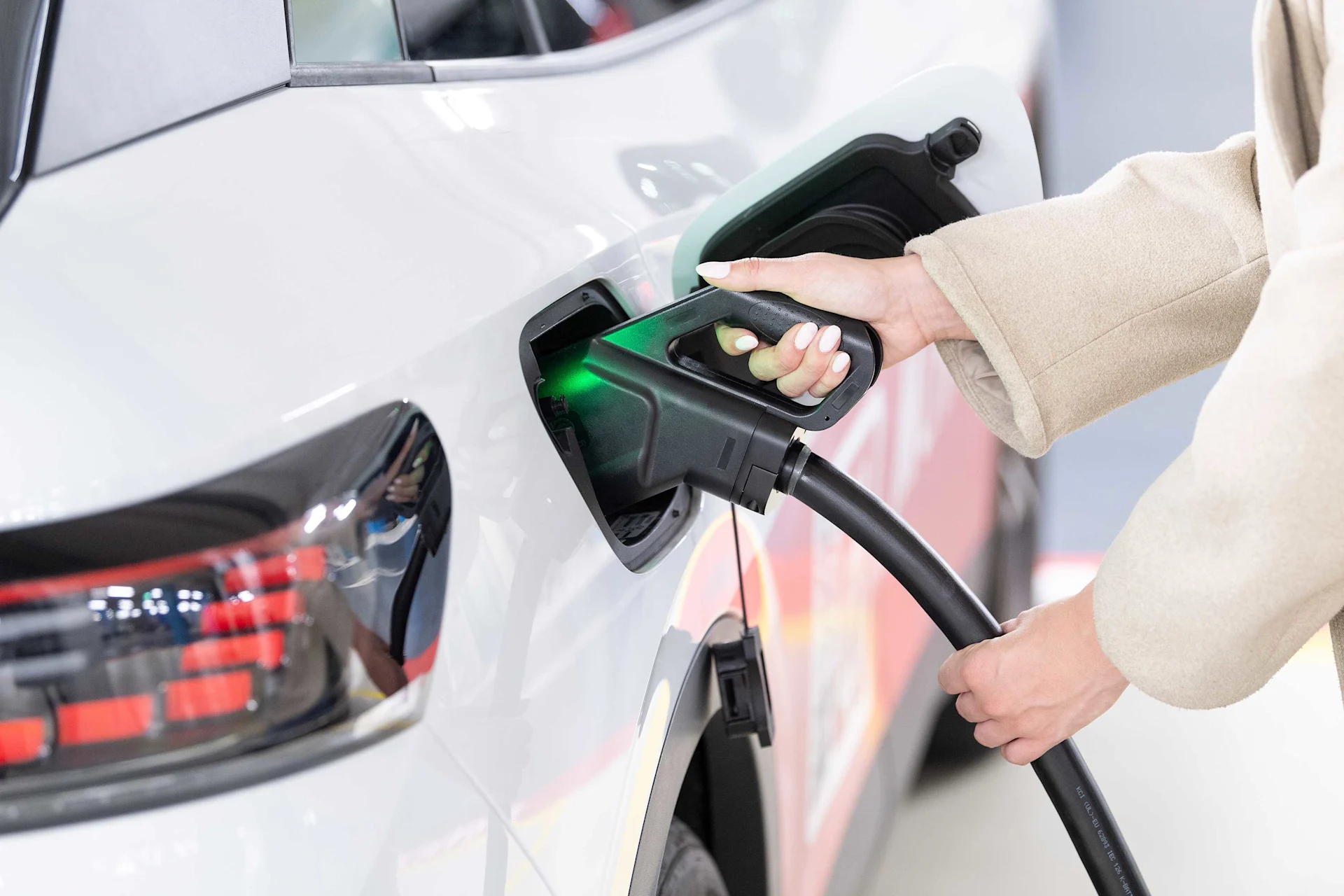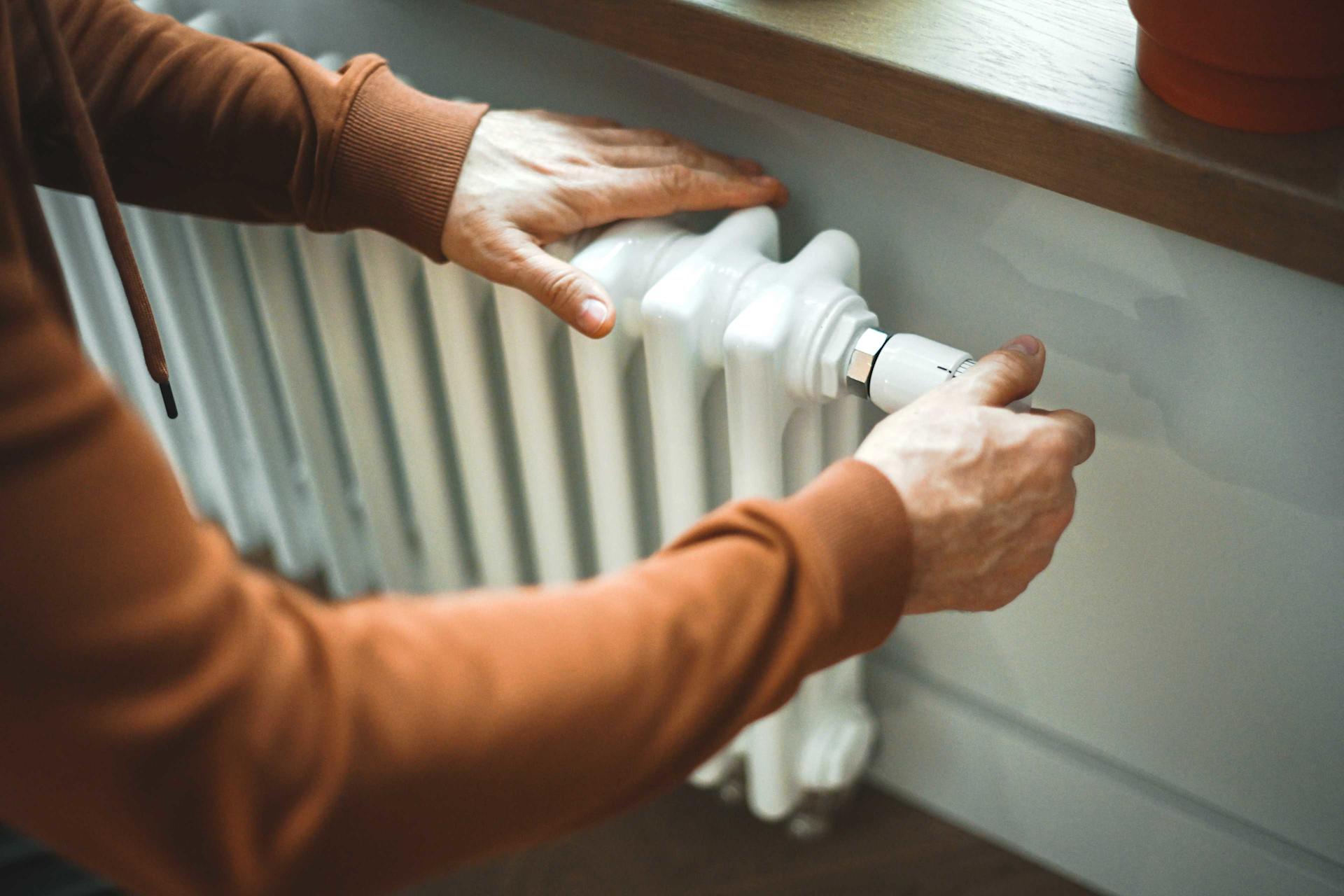
Climate & energy
Maximising your electric car's lifespan
What can you do to ensure that the batterie continues to work perfectly for many years to come?
navigation

Climate & energy
Buildings account for 44.4% of total energy consumed in Switzerland. Where do we have the greatest leverage? And what can you do, even if you're renting your home?
Better thermal insulation and more airtight windows can slash heating costs by up to 60%. More than a million houses in Switzerland currently have inadequate insulation. The ball is in the homeowners' court. "If you're renting, you can tell your landlord about the advantages and options for sustainable measures, highlighting any available subsidies and the potential to preserve the value of the property in the long term," explains Diego Sigrist, an expert at Scandens. The Swiss company provides services for consultants as well as owners of multiple properties and uses software that simplifies renovation planning. Scandens is supported by the Migros Pioneer Fund.
Heating consumes by far the greatest share of energy, making up around two-thirds of the total. "The right heating system not only saves you money, but also cuts CO2 emissions." According to Scandens, switching to a heat pump can cut expenditure by 10 to 30% over a 20-year period, depending on the size and type of building. That can add up to as much as CHF 10,000 for a detached house. "Tenants are well advised to talk to their landlord," says Sigrist, pointing to a WWF sample letter that can be used as a template.
Economising on water use and installing water-saving taps, for example, are other money-saving ideas because hot water requires a lot of energy, as does waste-water treatment at sewage plants. There's no need to pre-rinse dishes. Simply brush off leftover food and put it in with your organic waste. Dishwashers and washing machines are best run in eco mode (only run a hot wash cycle now and again to prolong the life of your appliances). Five minutes in the shower uses about a quarter of the water you need for a full bath.
To enjoy deep sleep, your bedroom shouldn't be warmer than 18 degrees Celsius. Heat generally makes a big difference. Turning your thermostat down by just 1°C cuts energy consumption by about 6%. Sigrist says, "It's important that doors to colder room are always kept closed." Also turn your heating down before going away for the weekend or on holiday.
Don't leave windows tilted open when it's cold outside.
Good ventilation saves a lot of energy, especially in the cooler months. "Don't leave windows tilted open when it's cold outside," Sigrist says. The correct way to ventilate a room is to open the windows and doors so that a draught is created and the air can be replaced. Five minutes of airing twice a day is plenty.
"Investing in energy-efficient appliances may be expensive at first, but it pays off in the long term," Sigrist says. Energy class A appliances consume only about half as much as those in category C or lower. And it goes without saying that appliances shouldn't be replaced if they are still working perfectly. Ovens and refrigerators generally remain in working order for 10-15 years. After that period, repairs are usually too expensive compared to the cost of purchasing an energy-saving replacement.
In overall terms, even small power-hungry devices make a difference. Walk around your home late in the evening. Wherever you see blinking lights on devices, such as televisions, computers and coffee machines, they are consuming electricity - even in standby mode. If you don't work from home, you can switch off your Wi-Fi router during the day. Incidentally, a plugged-in charger cable also consumes electricity, even if your mobile phone isn't connected to it!
You thereby save electricity as well as energy and help to protect the climate.